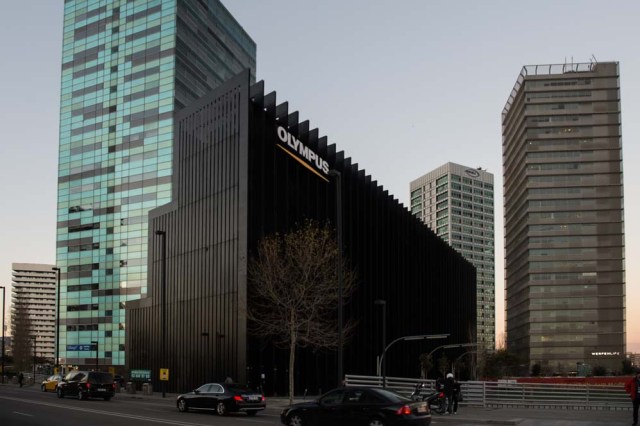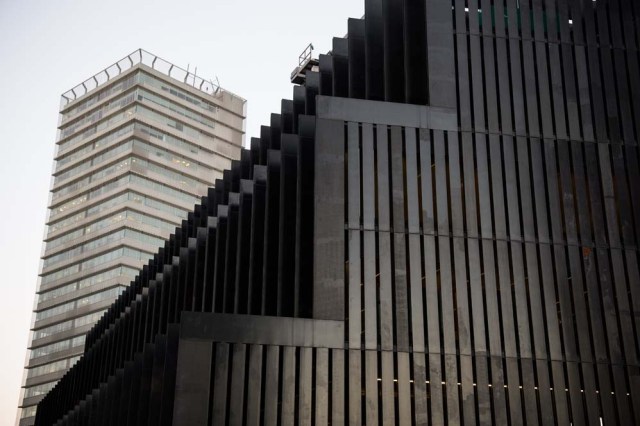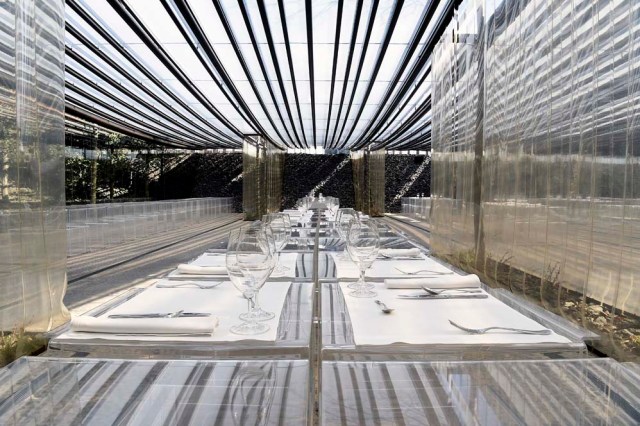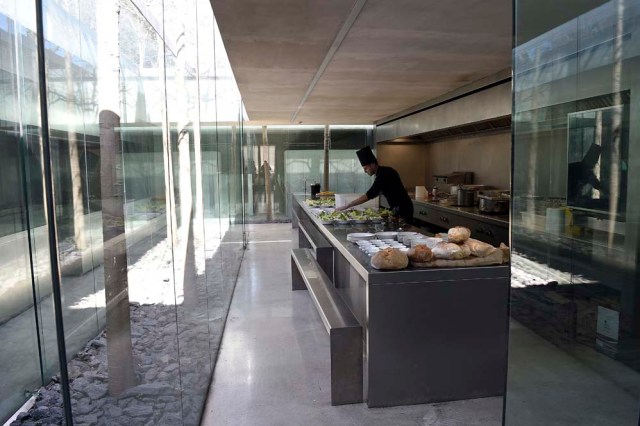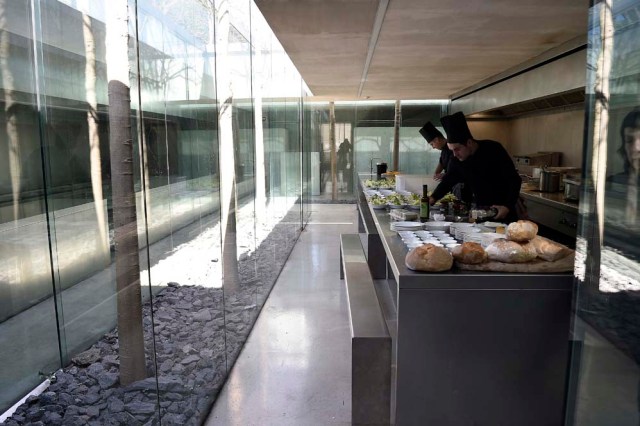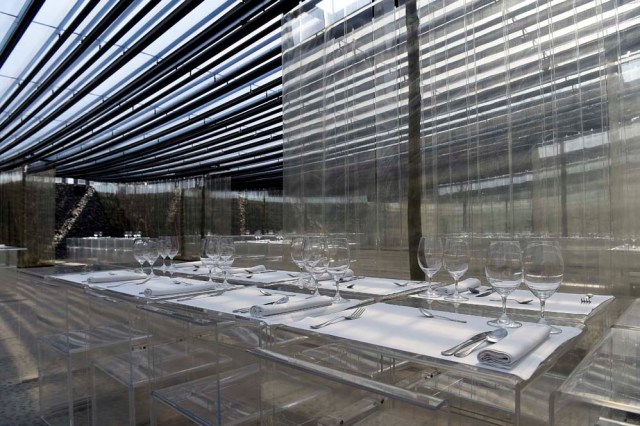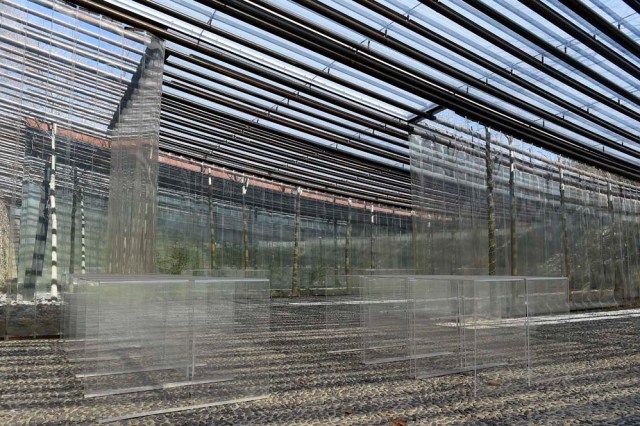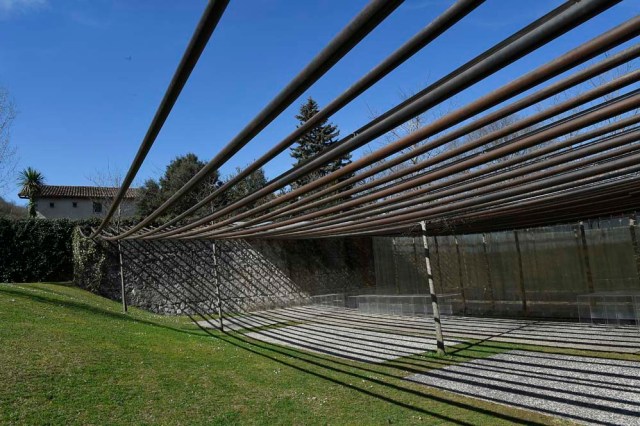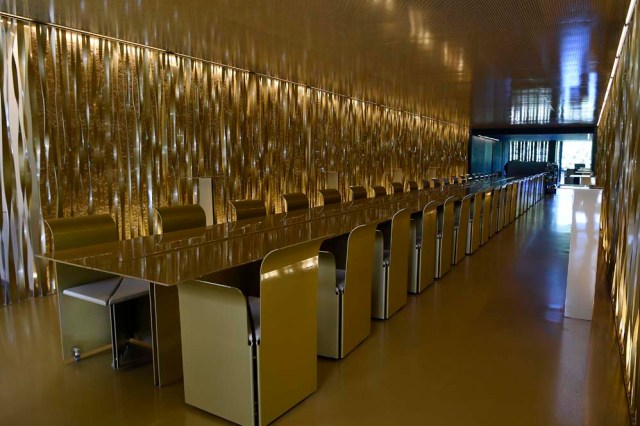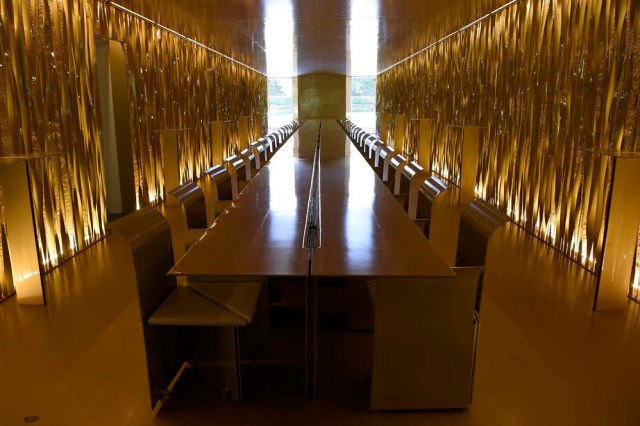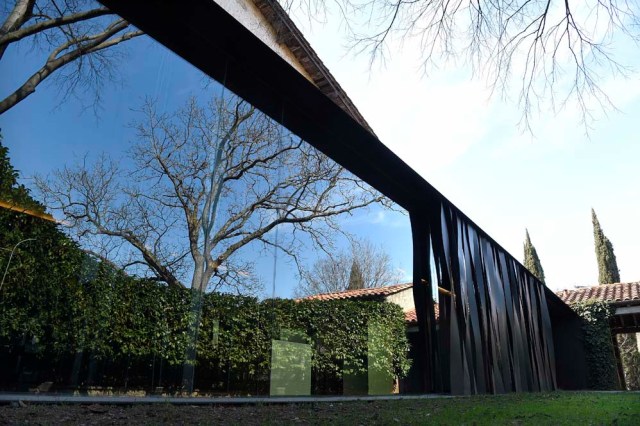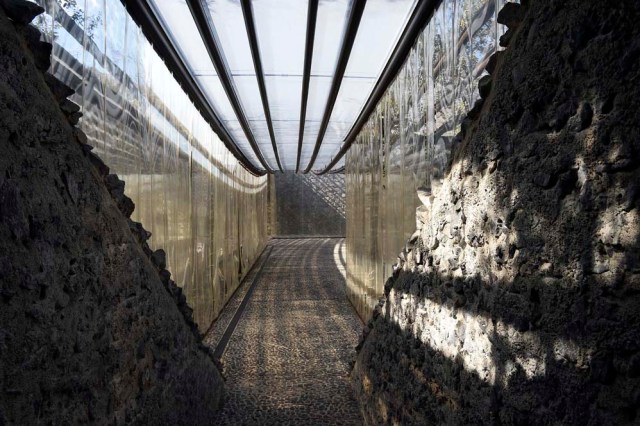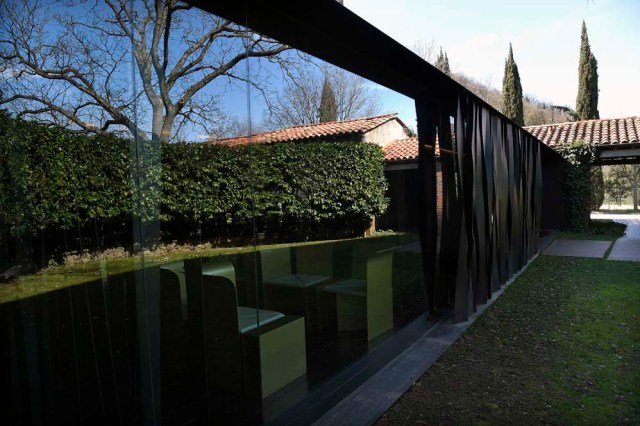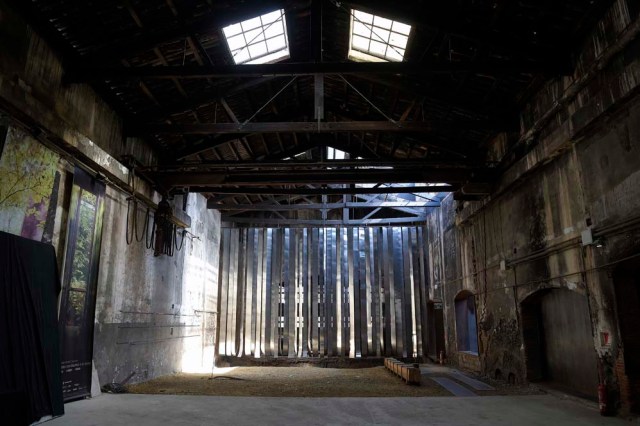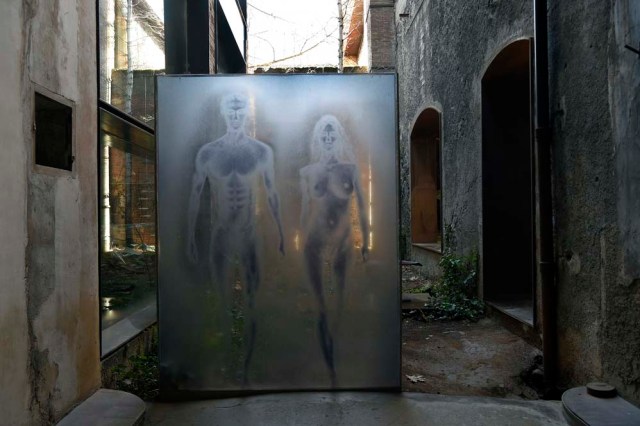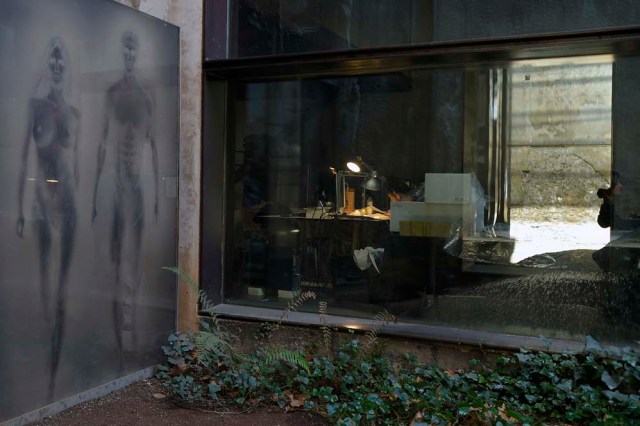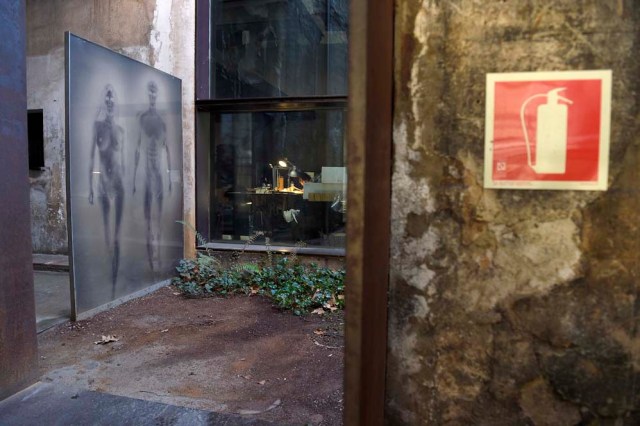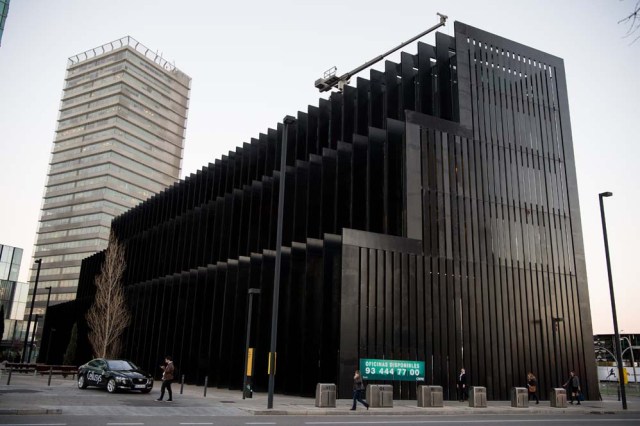
Acaban de ganar el premio más prestigioso de arquitectura pero nada parece haber cambiado en el estudio RCR de Carme Pigem, Ramón Vilalta y Rafael Aranda, una antigua fundición rehabilitada, con espacios amplios y luminosos donde trabajan unas veinte personas.
AFP
El premio Pritzker era un sueño que no se atrevían a imaginar en 1988, cuando terminados sus estudios cerca de Barcelona decidieron afincarse en Olot, su pequeña ciudad de 30.000 habitantes al norte de Cataluña (noreste de España), rodeada de un espectacular paisaje volcánico y bosques de hayas que perviven en sus obras.
Un día después de alzarse con el galardón, Vilalta (56 años), Aranda (55) y Pigem (54), que no puede hablar por culpa de un resfriado, reciben a la AFP para reflexionar sobre su obra que, según el jurado del Pritzker, demuestra que se puede alcanzar la universalidad sin renunciar a sus raíces.
PREGUNTA: ¿Qué significa este premio para ustedes?
RAFAEL ARENAS: Era un sueño que ni nos atrevíamos a tener (…) En ningún momento no te podías imaginar que llegarías a tener un Pritzker.
P: ¿Cómo creen que les afectará?
RAMÓN VILALTA: Esperemos que poquito. No se trata de que nos aporte más trabajo, viajar más. Nosotros ya hace años que trabajamos, el número de gente que somos nos parece suficiente y lo que nos gustaría sería hacer las cosas mejor.
P: Es la primera vez que el Pritzker premia a tres personas. ¿Por qué decidieron trabajar a seis manos?
R.A.: Decidimos venir aquí, a nuestro lugar, un pequeña ciudad como es Olot, que en aquellos momentos no era usual (…), confiando en que ese trabajo en equipo podía llevarnos a poder hacer arquitectura, nos podía dar esta fuerza. Ahora se nos ha ido sumando gente a nuestro alrededor que también ha querido formar parte de esta creatividad compartida.
P: ¿Qué os aporta el vivir en Olot?
R.A.: Uno de los parámetros que ha valorado el jurado del Pritzker es el tener unas raíces, el estar en este nivel local y poder dar unos mensajes a nivel universal. Esto es lo que a nosotros siempre nos ha movido, es la arquitectura que nos ha interesado: sentir un lugar, sentir las personas, la familia, tener esta esencia.
P: ¿Qué influencia han tenido estos paisajes en vuestra obra?
R.V.: Nos interesa comprender bien la naturaleza para que luego la arquitectura dialogue con ella. No se trata de tener una posición ni de sumisión ni de imposición sino de diálogo. El hecho de haber estado en un territorio muy conectado con lo natural nos ha enseñado mucho a dialogar con la naturaleza. (Nuestros materiales) son materias naturales: la piedra, el acero, el cristal (…) Y además hay un factor fundamental en estos materiales que es el valor del tiempo. En ellos aparece la pátina y se siente este paso del tiempo. No nos interesan tanto los materiales inertes, que pasa el tiempo y no se nota nada.
P: ¿Qué buscáis con vuestras construcciones? ¿Existe una filosofía detrás de vuestras creaciones?
R.V.: La arquitectura es un elemento primigenio, fundamental en la vida del hombre. Primero como refugio pero ahora no sólo cubre esa base inicial de refugio, sino que debe tener la capacidad de aportar otro tipo de sentimientos. ¿Por qué no pensar en la capacidad de la arquitectura de trascender, de abrir puertas más allá? Queremos abrir la puerta a partes más sensibles, más espirituales de las personas (…) Esto es lo que nos gustaría en nuestros edificios, que a las personas les abrieran al pensar, al imaginar, a los pensamientos, a la emoción.
